15 Top Tips for Opening a Bar or Pub
We have opened many bars and pubs in our time both for clients and our own venues.
Many have dreams of opening a bar, pub or restaurant and we have seen time and again rookie errors, bad budgeting or misunderstanding of the blood sweat and tears that go into running a successful venue. We have seen this lead to financial ruin.
The truth is, it’s really hard. But, if you get it right, it is a really rewarding and profitable experience.
There are so many factors to consider and get right, such as avoiding the current issues in hospitality, as well as the landscape being fiercely competitive. You get one element wrong in your food, drink or refurbishment and it can mean massive financial losses. That’s the bad side.
The good side is a highly profitably business, that has a great reputation and offers numerous opportunities for growth into new venues. Getting into the trade can be highly rewarding professionally, financially and personally, but it comes with risks.
We have put together the 15 tips we wish we knew when we started out. These tips will 100% give you some insight and critical information to help you become a successful first-time venue owner.
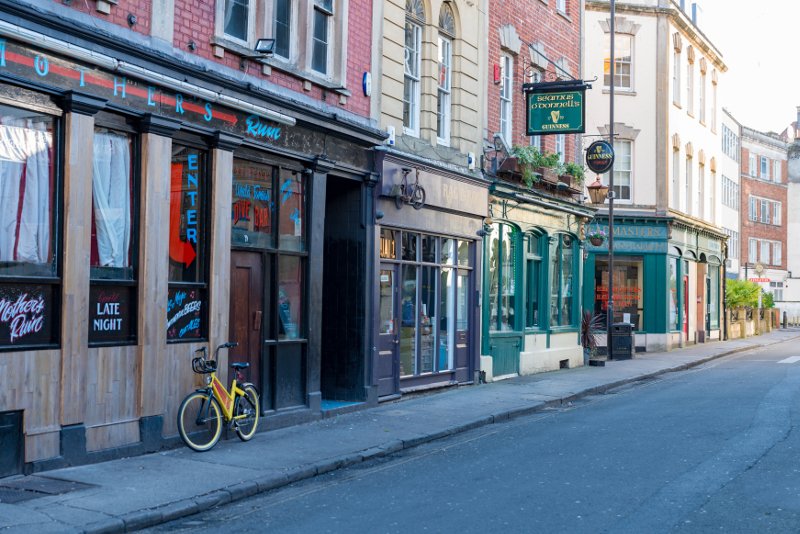
1. Location, Location, Location
Finding the right location cannot be stressed enough. You might be the worlds best proponent of hospitality, the best bartender or chef. Your concept might be out of this world.
If you get the location wrong, then you are in trouble from day one.
There are a few things to think about here.
Does your concept match the areas demographic? A late-night cocktail bar won’t work well in an affluent family neighbourhood but a gastropub would.
What is the footfall of the area like and particularly the footfall outside of the venue?
This is important. An area with a good footfall will mean a little less work in attracting customers through the door. Venues in lower footfall areas do work but they are much harder work.
This is also relevant if you look to open venue number two (should the first venue be a success). Just because the first location has worked well, it does not mean there is an instant success in the new location.
For example, just because something has worked in London, it does not mean it will work somewhere else in the UK. Again, do your homework before opening, and don’t let success go to your head and assume you are onto another winner.
2. Tenancy, Lease or Freehold
There are three primary ways to run a bar or pub – a tenancy, a leasehold and a freehold.
We have outlined simply what each tenure means to the operator. It’s very important you enter into a deal on your first venue with the right deal for you.
Tenancy – a tenancy is the lowest entry cost to a venue and more often than not are offered by pub companies (you can still run a cocktail bar in a venue owned by a pubco – we did) The Tenant tends to buy all the fixtures and fittings of the venue and pays a quarterly rent to the landlord. They tend to be fully tied (more on this later) The agreements tend to be under 5 years and repairs for the business are shared. Critically, if you build up a great business and wish to exit you cannot sell the goodwill (the business).
Tenancy Key Factors
• Low Entry Cost
• Shorter agreement length
• Fully Tied On Alcohol Purchase
• Cannot Sell The Goodwill
Lease – a leasehold is generally a longer-term agreement of 10 years or more and would be purchased from the landlord, current owner or pub company. Leaseholds allow you to essentially buy the opportunity to build a long term business on your terms. The repairs are the responsibility of the leaseholder.
Lease Key Factors
• Higher Entry Cost
• Longer Agreement Length
• Tied or Freehold on Alcohol Purchase (dependant on lease type)
• Can Sell The Goodwill
Freehold – a freehold is the purchase, outright of the venue. This is the dream but it comes at a huge cost. A freehold is essentially the purchase of property and in the UK, property prices are extremely high. If you are in the position to be able to buy a freehold, you are in a good place. A freehold gives you a tangible asset, the opportunity to have no ties to landlord or pub companies to run your business, and you can but you alcohol from anywhere.
Freehold Key Factors
• Highest Entry Cost
• You own the property
• Freehold On Alcohol purchase
• You can Sell the Business and property
Our advice….avoid a tenancy at all costs. It’s cheap to enter, yes, but you can get into hot water very quickly. Landlords and pubcos are ruthless and most will make sure your contract is honoured, even if the business is not working.
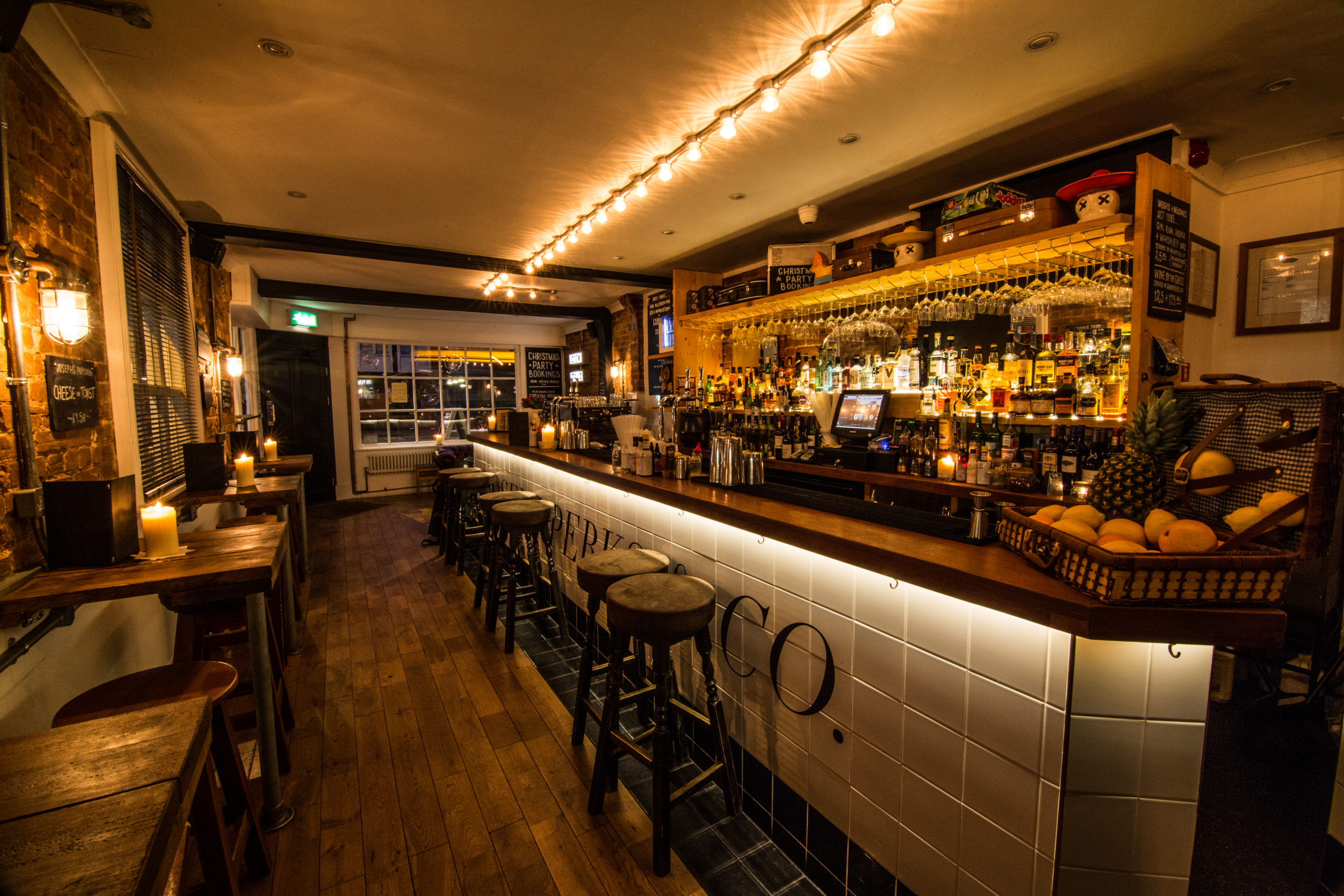
3. Negotiate
Negotiate everything!
From the property negotiations to your suppliers. Negotiation is the first step to success in your new venture. You will be surprised at how much money you can save negotiating and most suppliers and landlords are ready and open to it.
Importantly, negotiate a rent-free period when you first sign the deal – this will allow you get off to the best start you can.
4. Read The License
We find a huge number of new operators do not take the time to read and understand their license. Your license is vital and should be treated with respect and reverence. – after all, it’s the piece of paper that allows you to sell your drinks and/or food.
Now licenses are full of conditions and clauses.
It is important for you to make sure you see what the opening hours are, are there any variations for public holidays, or worse still some license stipulations due to previous trouble at the venue (for example the need to supply door staff every night due to the license will cost a huge amount of money long term, and might call into question the venue’s viability).
Our advice is to read the license thoroughly before committing to any agreements, and if you don’t understand the license speak to someone who does.
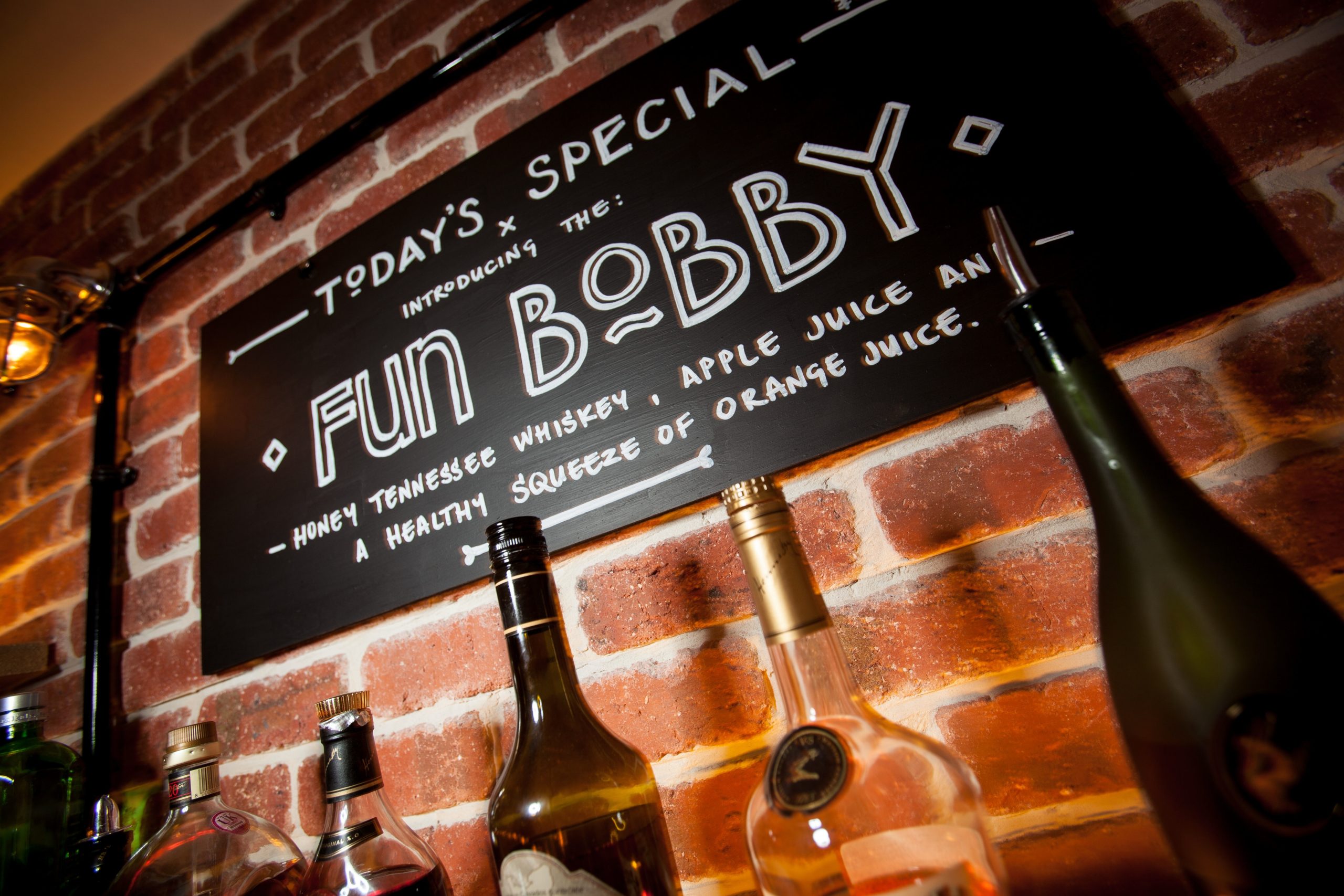
5. Opening Budget
Nailing your opening budget is super important. As with any business venture, you need to accurately forecast your investment costs to make sure you don’t run out of cash.
A few things you can do to help yourself, later on, is to include a contingency of 15-20% of the build costs.
Inevitably projects do overrun or are hit by the unexpected so make sure you have budgeted the cash to ride these unforeseen obstacles.
Our other top tip here is to make sure you build a healthy working capital into the opening costs.
Cash is king and it tends to be cashflow that strangles hospitality ventures.
Make sure you build enough working capital into your budget to survive for a minimum of three months with no revenue.

6. Profit & Loss
The P&L is one of your most important ongoing documents. Do not open a venue without one and do your research to ensure all of the costs are included.
There are lots of charges associated with running a venue from PRS (the Performing Rights Society acts on behalf of artists to charge venues for playing music annually), business rates, NI contributions, wastage allowances, heating bills, the list is a long one.
Make sure you allow for every cost so you can closely monitor your profit & loss, so you can then be flexible to make changes quickly and efficiently.
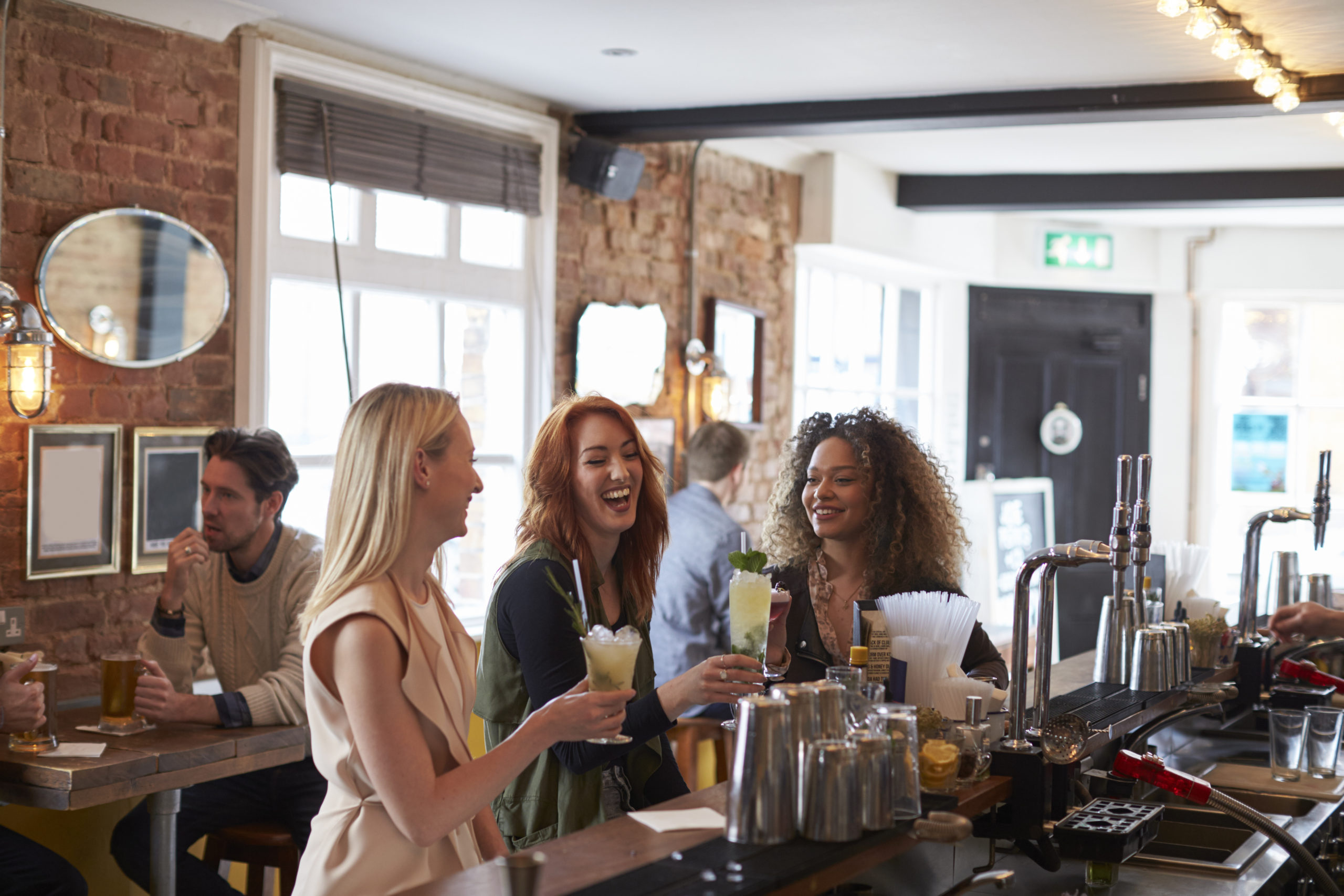
7. Be “Ready” To Open
Now what we mean by this is don’t open a venue that’s ¾ finished just to open and start trading. This is a dangerous move.
First impressions are vitally important and your first guests through the door will make their judgement as to whether they will return after this first visit. If the toilets are half done, the draught has not be installed, or you are not ready to serve food, consider an adjustment to your launch date.
To give yourself a fighting chance you need to be 100% complete and ready to go.
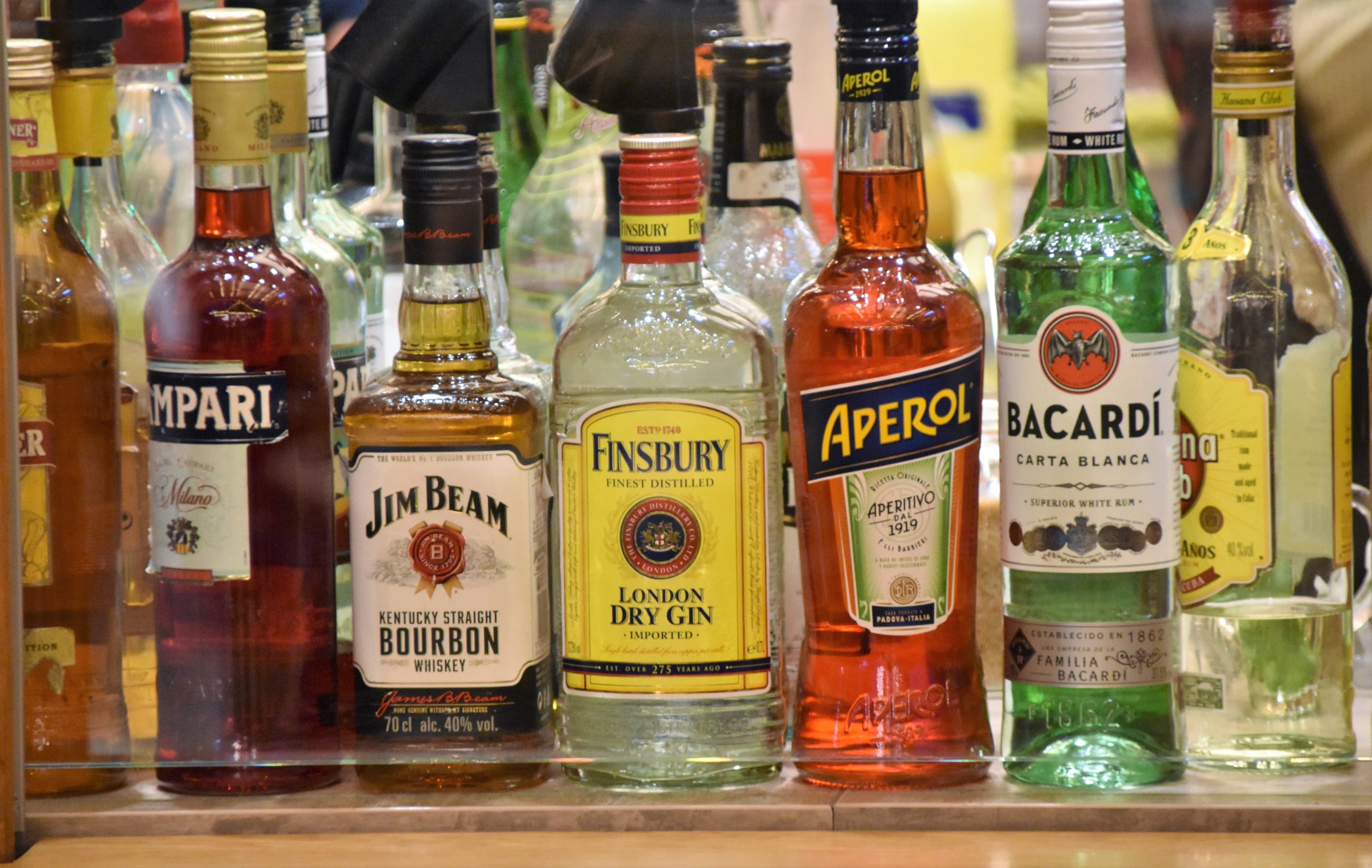
8. Brand Partnerships
Virtually every venue that sells alcohol has the opportunity to negotiate brand support, usually in the form of retrospective payments (retros as they are known in the trade).
These retros are paid by brands for you to pour and promote their products to your clientele. It’s based on a 6 month or annual case volume, and the brands will usually pay you a lump sum that will equate to £x per case.
Your best products to negotiate retros on are beers, ciders and spirits as these are the highest volume. Speak with the brand owner of brand rep to see what support is available.
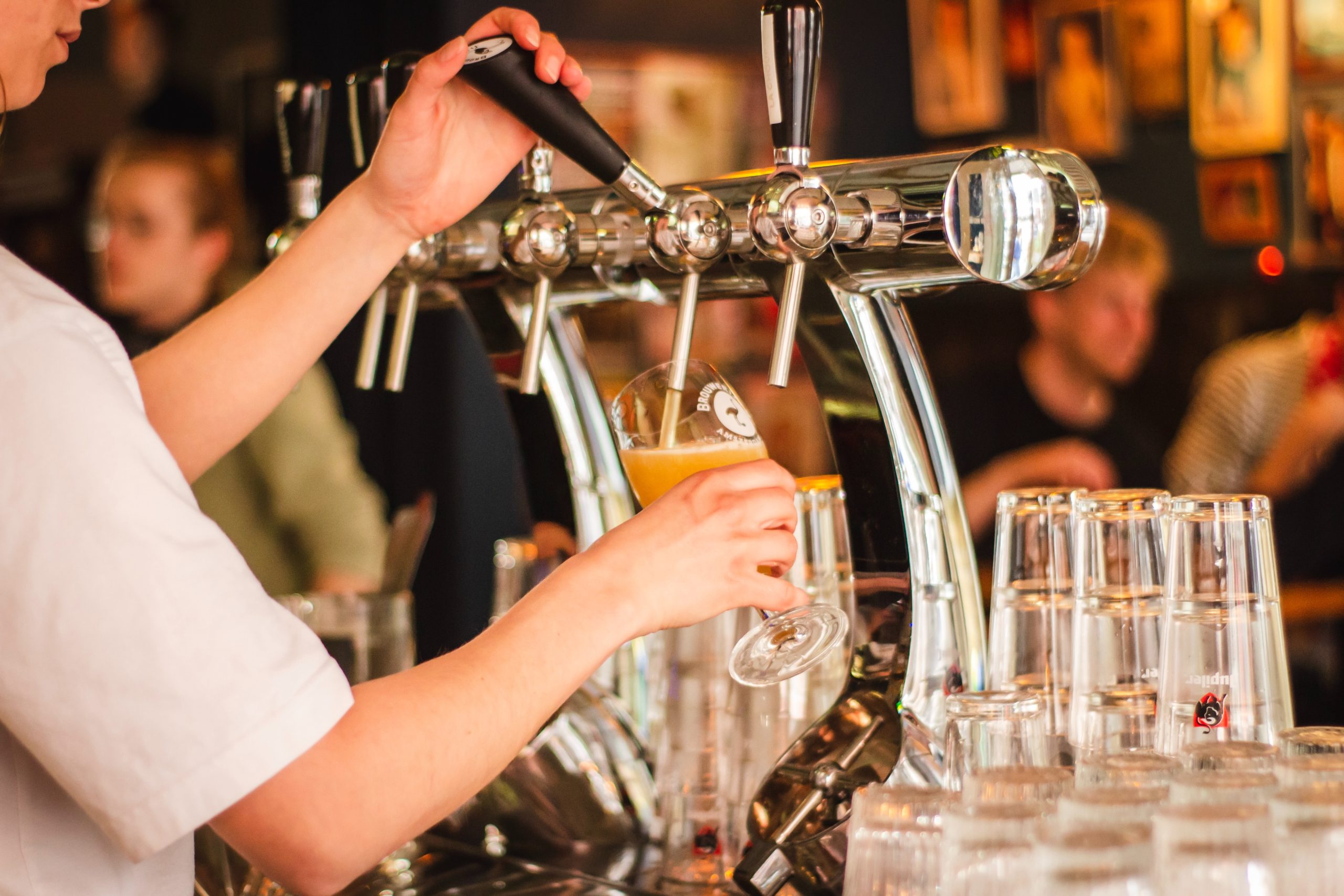
9. Wastage
This tip is an important one. Wastage is the enemy of any venue owner.
You need to be militant on wastage of stock. Wastage is the term used to define any loss of stock from sale – so breakages, mispours or theft.
As running a venue is a 365-day business, and as such it’s the sum of incremental actions, both in terms of profits but also losses.
To give an example.
In a venue with four lager taps, imagine you had to empty each drip tray 4 times a day. Each drip tray is approximately ½ a pint when full – so that’s potentially 8 pints of wastage per day. The cost price of this pint might be £1.25.
So annually you could be losing to wastage up to £3,650!
The losses of wastage are astonishing when you look at it annually so be very careful and train staff accordingly.
10. Be Present
When opening a new venue, you need to be there. For the first 6 months, you need to be present, injecting your passion and enthusiasm into the space, staff and most importantly, guests.
Over this time your team will learn from you how the venue will tick, and the impression and service standards to offer your guests.
Unfortunately, when your back is turned you may experience a drop in standards or your vision. You may have the best staff in the world, but they will never have the same passion and standards for the venue as, you, the owner will have.
Take heed of this advice as it can make or break a venue.
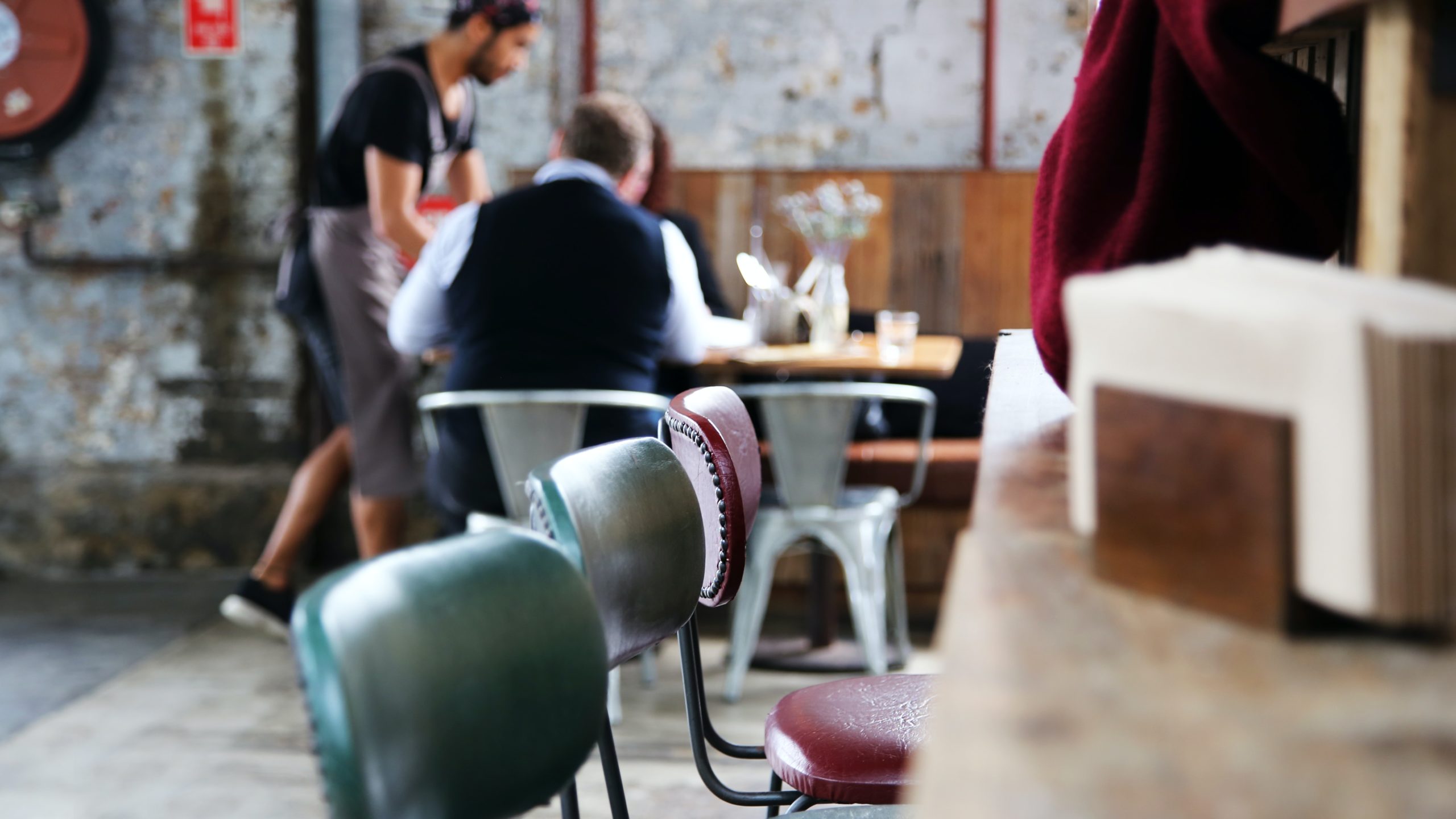
11. Be A Hospitalian
Coined by Bob Stuckey in his Ted Talk, Be a Hospitalian – this is the essence of a successful bar or venue.
There is a distinct difference between hospitality and service.
Service is going through the motions and not investing fully into your guests.
Hospitality is the name of the game, putting yourself out there as a venue owner to go the extra mile for your guests, to put them first ahead of the venue every time, and to make them feel special.
It’s human nature to really enjoy the feeling of being made special. Who doesn’t go back to a bar or restaurant where you are made to feel special? No one, they always come back.
This means you retain recurring custom which is essential for any venue.
This vision of hospitalian is an essential ingredient to any successful venue or bar. Remember why you have set up your venue, and the clientele are key to your success.
12. It’s a 365 Day A Year Job
Running a bar or a pub is a relentless and unforgiving business.
More or less every day of the year your venue needs to be on top form, as an off day can be catastrophic for business as news travels fast and a reputation only takes a day to break.
Be aware that it’s not a lifestyle, it’s a business, and you will have to deal with problems day and night.
One of the toughest areas you will come across is staffing and dealing with staff calling in sick or leaving unexpectedly. Be prepared for getting your hands dirty and making last-minute sacrifices for your business.
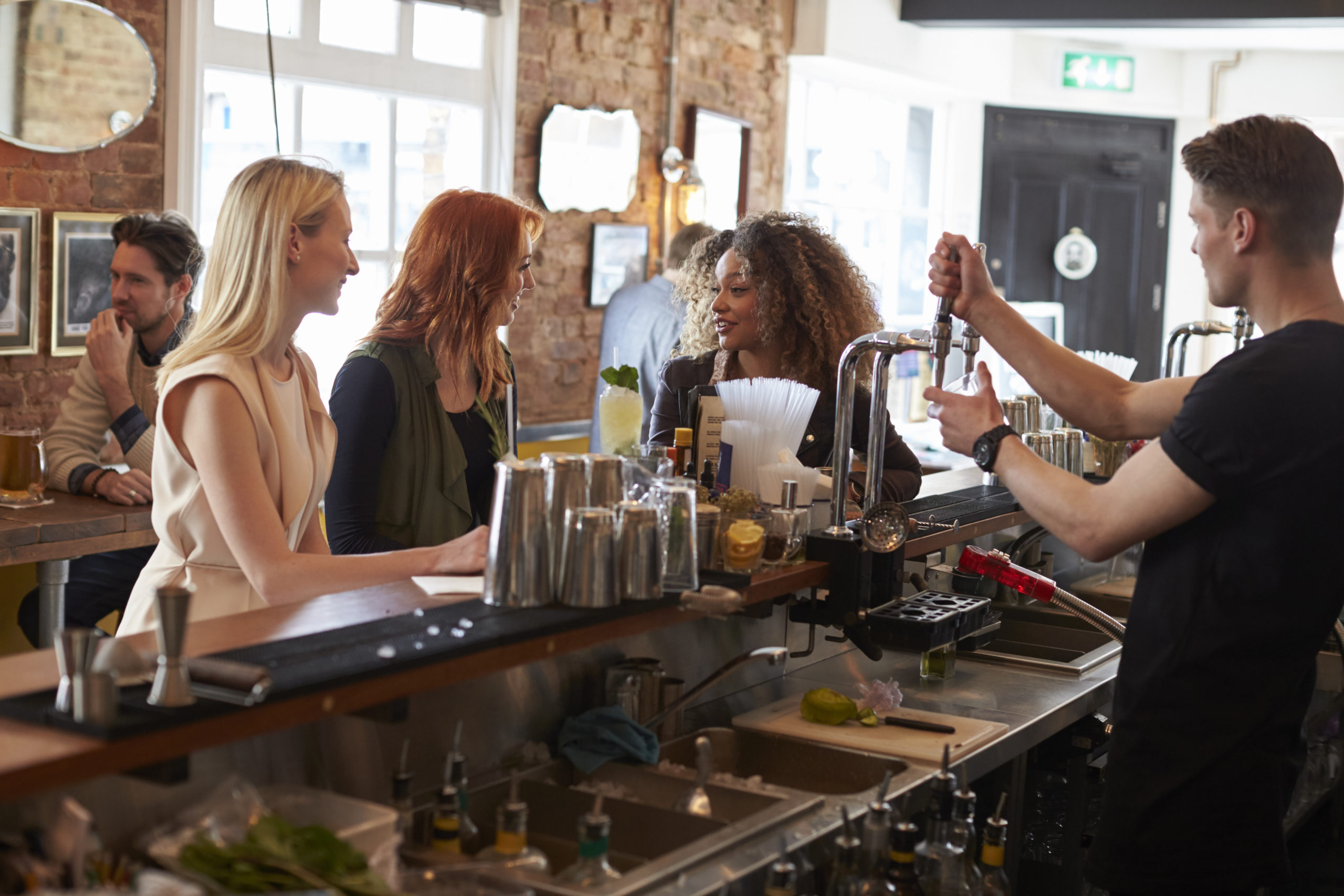
13. Listen to Your Customers
It sounds like the most obvious thing in the world, but so many don’t do this simple thing.
Your customers should be treated like gold dust, and their praise and criticism should be listened to and acted upon. FEEDBACK IS A GREAT THING, SO EMBRACE IT!
A new venture is very rarely the finished article when it first opens, and many venues that survive and thrive do so because they listen to what the customers want and have adapted to what the market wants.
This is not to say you have to adjust to every whim of the clientele, but make sure you listen and assess every piece of feedback both positive and negative. Remember, negative feedback is just as useful as positive feedback, as it gives you an opportunity to improve what you are doing and engage with customers.
If you receive negative feedback, thank the client for the review, and reply with positive actions taken. Then make the client an offer (normally a reduction off the next bill, or dependant on the feedback, a free of charge offering) to re-engage them and show them the changes you have made because of their feedback.
You can turn an unhappy customer into a recurring client with the correct personal interaction.
14. Use The Internet
This may sound basic but having a decent website and a presence on social media is essential.
People are on social media more then they talk to people these days (or so it seems). Social media is a platform guests can show off your venue to their friends, and with the use of hashtags, people all over the world.
Have a look on your Instagram now, and we challenge you to scroll down your home page for 30 seconds and not see a food or drink related post on their… give it a try!
People always want to show they are having a good time, and by allowing them to show off in your venue can only be a positive point.
Having a nice-looking website also allows you to showcase what you are doing, your contact details, and most importantly where you are. If a customer recommends your venue to a friend, it is probably the case that they will use the internet to find you. If you are not there or cannot be found, they may not come to your venue.
Here are some of our key points for using social media as a venue:
- Make sure your location is correct and available on google maps, so people can tag in their location when posting photos. Often it may be the last bar or restaurant on googles tech, and you do not want people using that.
- Run a newsletter to gather the client’s data. DATA IS KEY. You can then send them offers, updates and maintain brand awareness.
- Run online competitions, offering prizes (normally something free to the winner from your venue).
- Use the live function on social media, and make the account personal, not a business.
- Have your social media handles on menus, displays and anywhere you feel relevant on-site. It’s amazing what a tag on social media can lead to.
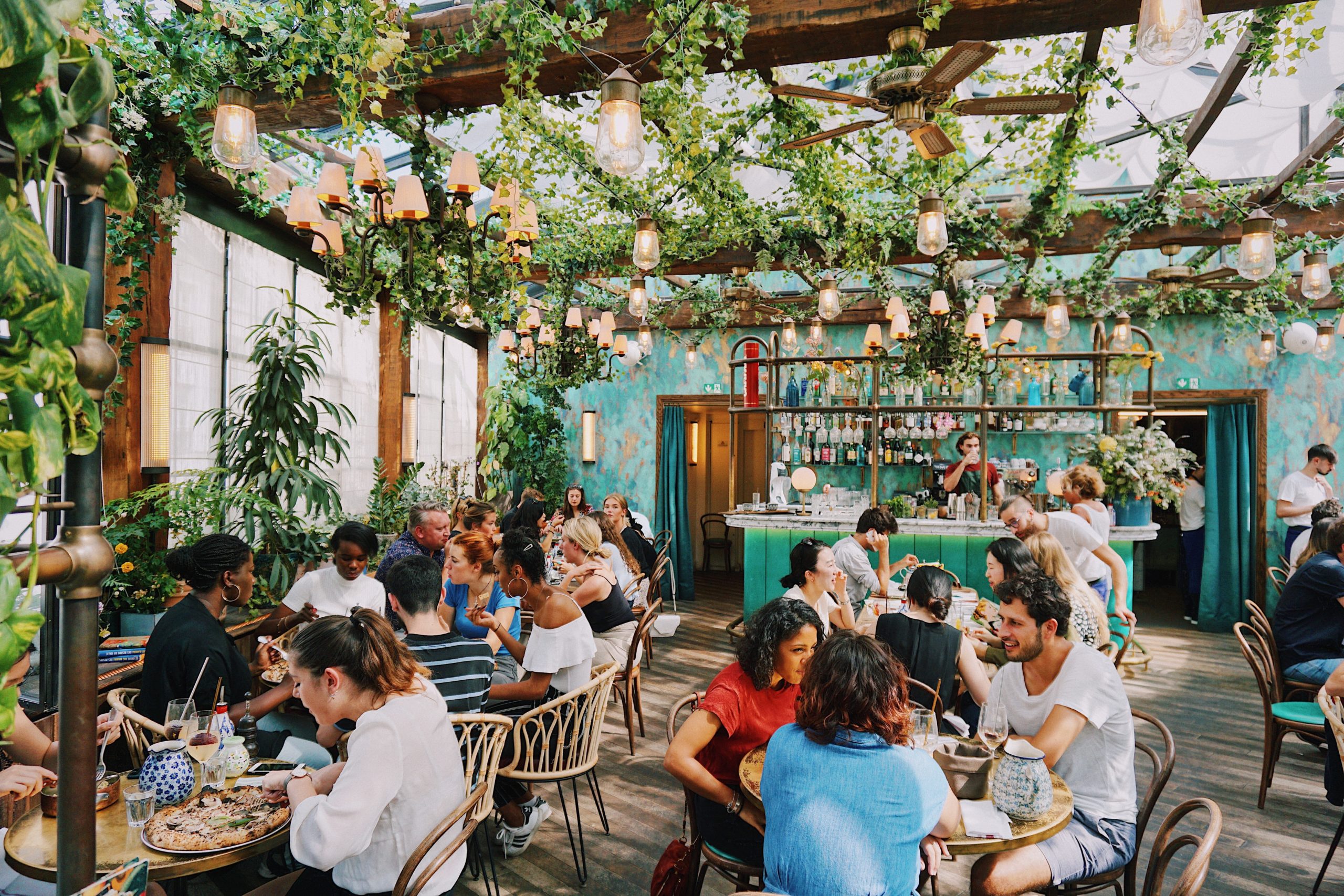
15. Use Professionals Where Budget Allows
Running a new and successful venture in the hospitality trade is very difficult. In fact, here are some sobering numbers – 60% of new hospitality ventures fold within one year and 80% within five years.
As you can see the numbers are very much stacked against your favour.
Many who get into the trade simply do not treat it as a business and deem the serving of drinks or food as easy. This is a mind-blowing oversight, but one that contributes to the stats above.
We have operated our own venues with mixed success, and the one thing that would have really helped us on our first venue was professional advice on how to open and operate a venue successfully.
There are a lot of expensive mistakes that can be made, from not equipping the bar correctly to not achieving the right margins on your products.
So please, if you are a rookie – get advice and pay professionals to assist with the project. Contact us to find out more about our Bar Consultancy Services, we are here to help.
Share
Recommended Articles
Get In Touch With Our Team
Speak To One Of Our Team Today Get in touch
